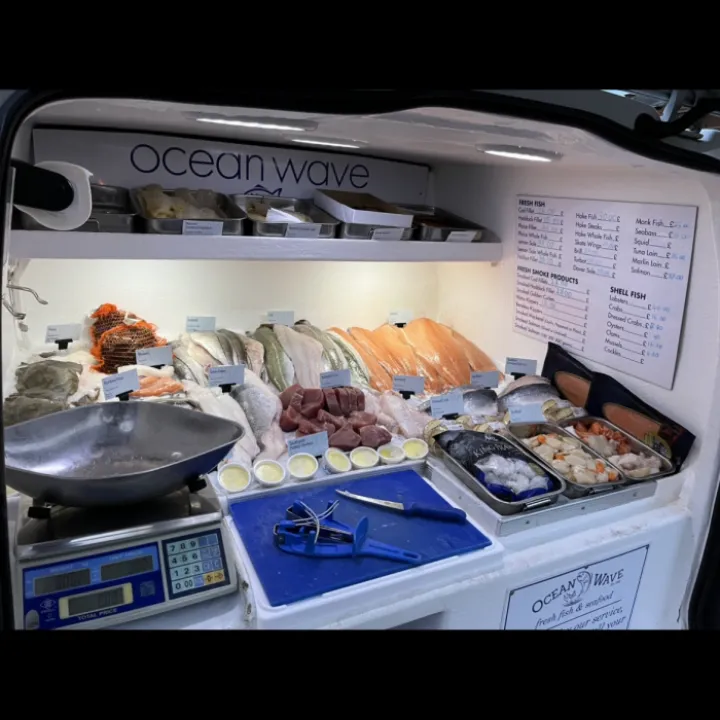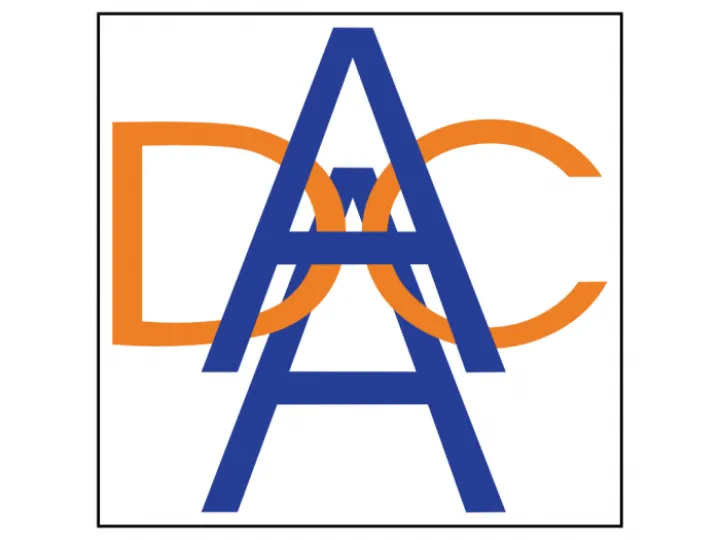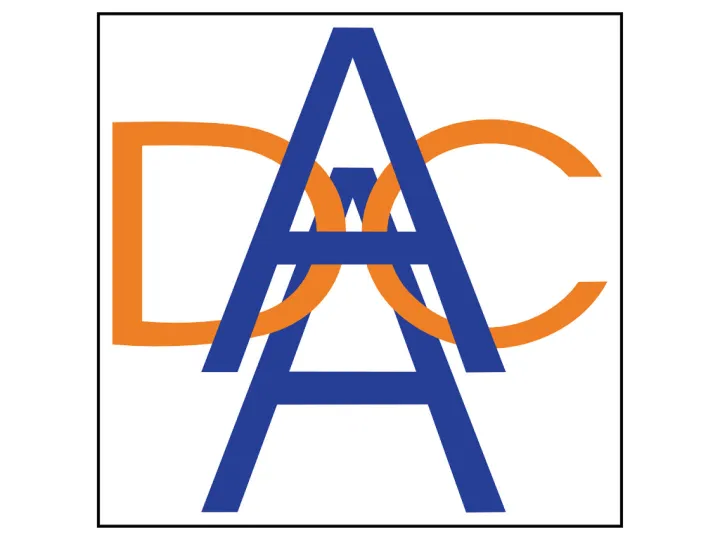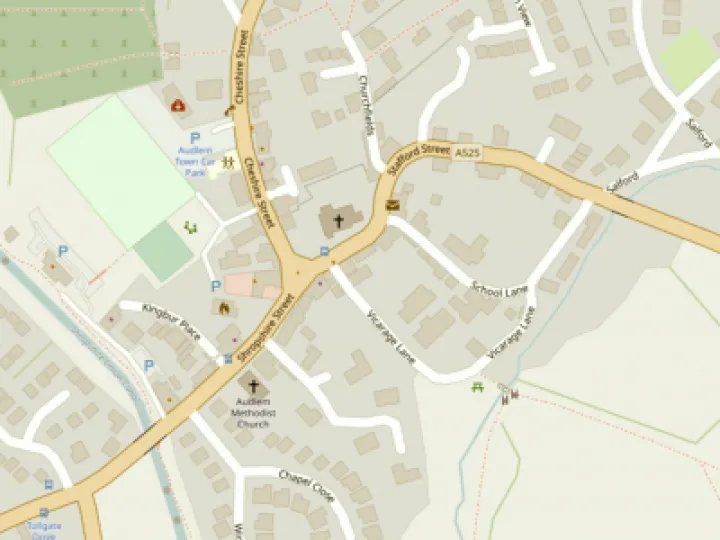Wiliam Cooper – Clunbury to Crewe Hall
History Shorts 33 by Graham Dodd
William Cooper, Clunbury to Crewe Hall
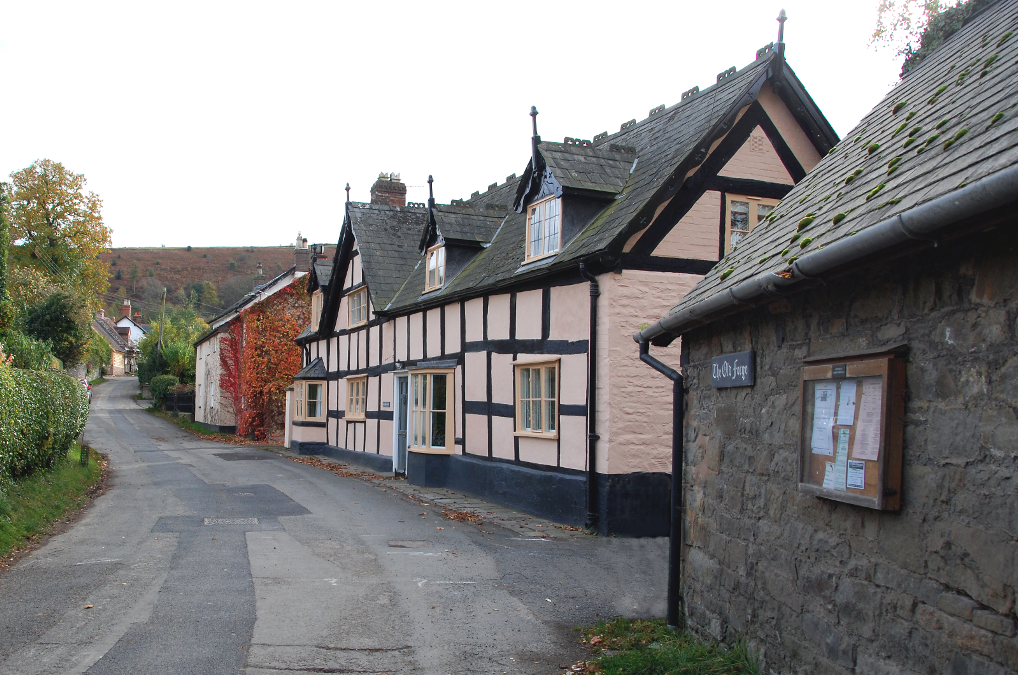
William Cooper was born in 1813 into a family of farmers and farriers and grew up with two sisters and a brother at Eytons Tenement in Clunbury, Shropshire. The property included a farrier's shop where he learnt his profession and, by 1833, he was farming and practicing as a farrier in Montgomery. William married Mary Smith of Church Stoke near Montgomery around 1840 and the couple moved to Berkhamsted in the Chiltern Hills, arriving with only half-a-crown.
Berkhamsted was probably chosen as somewhere close to London, and because it was served by the canal and railway. William qualified as a veterinarian in 1849 and developed a practice working on local farms. His life in Shropshire made him familiar with the problems of rearing sheep, and especially the major problem of sheep scab, and he sought an effective remedy. After much experimentation he succeeded in combining arsenic and sulphur as a powder which would control the mites responsible for the scab and, unlike the existing salves and lotions, would be applied by dipping sheep. Cooper's Powder Dip was such a success a mill was opened to manufacture "the dipping". Power for the mill was originally provided by a horse gin, but that was eventually replaced by a steam engine known locally as "Vesuvius".
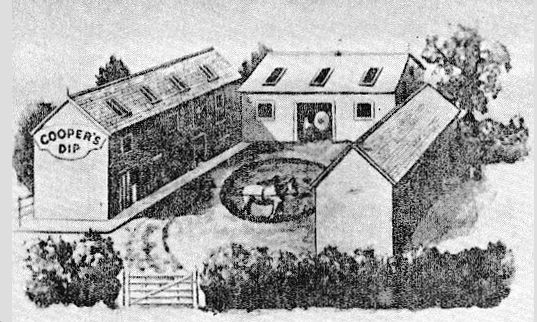
The depression in British agriculture following repeal of the Corn Laws in 1864 led to development of the business overseas, initially through agents, and later by establishing local offices. It became commonplace to "Cooper" sheep rather than dip them.
William died in 1885 and the company continued to be run by the descendants of his brother Henry. In 1925 it amalgamated with McDougall & Robertson Ltd. During the Second World War AL63, containing rotenone, was manufactured to control the lice which transmitted typhus and, in the 1950s, the company became the first in the UK to manufacture pressure pack aerosols including Cooper's Household Aerosol. The Wellcome Foundation Ltd acquired the business in 1959 and, in the 1970s, the UK and Ireland business moved to Crewe Hall.
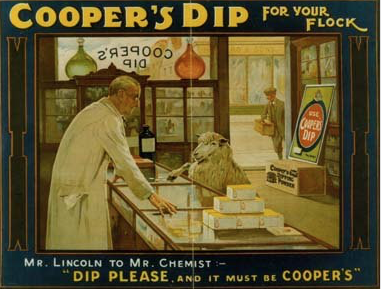
Get In Touch
AudlemOnline is powered by our active community.
Please send us your news and views using the button below:
Email: editor@audlem.org





